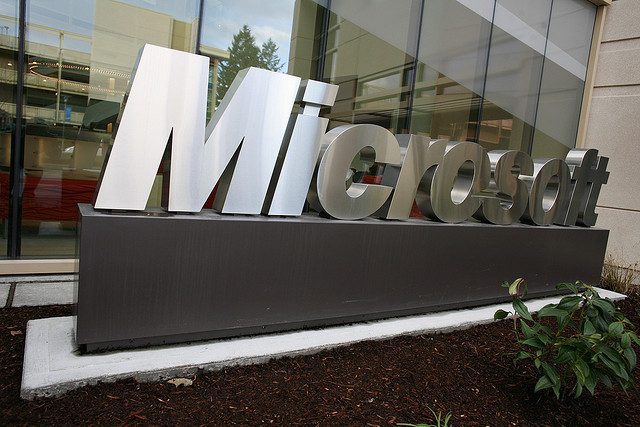British media recently reported that Britain's largest chemical plant is struggling to survive and faces the risk of closure due to soaring energy costs.
Ineos has warned that its olefins and polymers (O&P) plant in Grangemouth, Scotland, is facing existential threat due to soaring taxes and energy bills imposed on British manufacturers.
Stuart Collings, head of the Grangemouth plant, told the Daily Telegraph that the plant has been operating at a loss for years, hit by a double blow from rising energy prices and carbon taxes, and its future is uncertain.
The Grangemouth plant, which breaks down oil and natural gas into ethylene, emits approximately 1 million tons of carbon dioxide annually, and its profitability is constrained by energy prices and carbon taxes. Last year, the plant paid €100 million more in energy bills and €30 million more in carbon taxes than its US counterparts.
Collins stated that for years, Ineos has had to use profits from other global businesses to subsidize the Grangemouth plant. "Unless there's a significant turnaround in the next few years, INEOS will have to make very difficult decisions about the future of Grangemouth," Collins warned.
Collins believes that if the plant closes, it will be devastating to the local economy. The plant supplies feedstock to another Scottish cracker, the Mossmorran facility operated by Shell and ExxonMobil, and also supplies ethylene to plants across England. The plant directly employs 900 people and employs thousands more indirectly through its supply chain, making it one of Scotland's largest industrial employers.
INEOS has previously warned of the two most pressing threats to the survival of the European chemical industry: high natural gas costs and rising carbon emissions costs. "Without urgent and bold action on both fronts, Europe's competitiveness will continue to erode."
Collins said the plant has the potential to become profitable—but only if energy bills and the catastrophic cost of carbon taxes are significantly reduced. If energy prices and carbon costs are competitive, and market conditions improve even slightly, then it could become profitable. But it is certainly not profitable at the moment.


